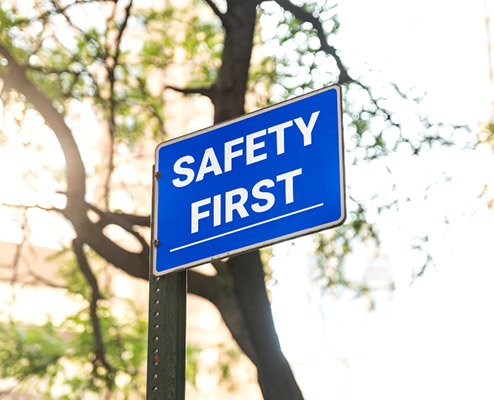Social Security in Malta

Social Security holds paramount importance when in a foreign land. It ensures the safety of an international student. All European countries have protocols laid for social security for national and international citizens. Malta is no different. Social security in Malta ensures the safety and comfort of the residents of the country. Let's delve to understand the things it covers.
The country has the best-in-class healthcare facilities accessible to all citizens round the clock. Local and European Union students can access it by presenting their original European Health Insurance Card (EHIC) with proof of nationality. The same is not accessible for non-EU students. To get a medical facility, international students should buy health insurance from a third party, i.e., private insurance companies. Its costs vary according to the age and health conditions of the applicant. It starts from as low as EUR 50/month and goes to a few hundred for a more comprehensive service.
House insurance is not a compulsion in Malta, but it is good to have one. It is to protect the property and its content. Home insurance protects against theft, fire, earthquake, flood, vandalism, etc. One can purchase it from any private company according to the requirements. The cost of home insurance depends on various factors, and it offers a range of benefits. Different types of insurance in Malta are
- The building insurance covers damage to buildings.
- The contents insurance covers the loss or damage of home contents.
- Personal accident/liability insurance covers the household and policyholder.
- The "All Risks" insurance covers the loss or damage of all personal possessions.
Having insurance is important as it ensures a good lifestyle in Malta.


A student enrolled in any institute for six months or long can open a bank account in a bank of his choice. This account intends to help international students with financial transactions such as receiving scholarship funds, financial assistance from family and friends, and paying tuition fees.
Bank Account Opening Process in Malta
Opening a bank account in Malta is not daunting but tricky as different banks have different document requirements for opening an account. Therefore, you must do an in-depth screening to find the most appropriate bank for yourself.
Further, the demand for documents in banks varies according to the service; therefore, being specific with the requirements is difficult. However, the commonly asked documents are the student's passport, scholarship agreement (If applicable), University Member letter of acceptance, and last 12 months' bank statement from the country of origin. Bank starts its onboarding process after receiving all the required documents. After account activation, students can access their accounts and conduct transactions according to their requirements.
First Few Weeks in Malta for International Students
Malta has a high Human Development Index (HDI) and has made significant progress in education, tourism, and financial services field.
Lifestyle in Malta is similar to European Nations except that cost of living here is comparatively low.
Talk about handling the emergency, Malta is a safe country for international students; however, it is best for students to stay prepared for any emergency. The common emergency contact number of Malta is 112.
